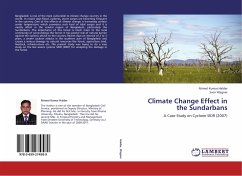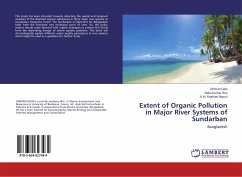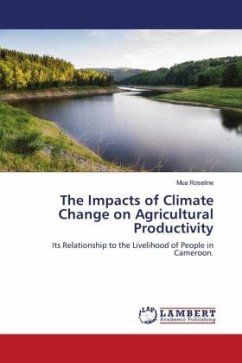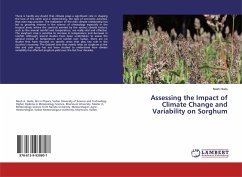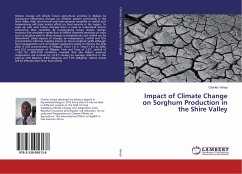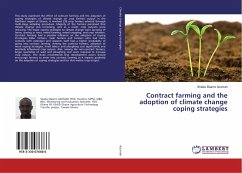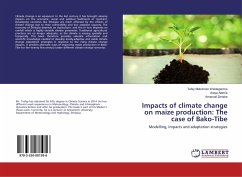Bangladesh is one of the most vulnerable to climate change country in the world. In recent days flood, cyclones, storm surges are becoming frequent in the country. One of the effects of climate change is increasing surface water temperature which promotes such kind of tidal surges and it is mostly affect in the coastal region of Bangladesh, particularly the Sundarbans. The importance of this forest is much more to the local community of surroundings the forest. It has pivotal role of natural barrier against the cyclonic attack to the country. Recent days an interval of 2 to 3 years, a severe cyclone attacks in the southern part of Bangladesh and causes a serious damage to natural resources like forest, agriculture land, livestock, infrastructure etc. The present study was trying to do a case study on the last severe cyclone SIDR (2007) for analyzing the damage in the forest.
Bitte wählen Sie Ihr Anliegen aus.
Rechnungen
Retourenschein anfordern
Bestellstatus
Storno

